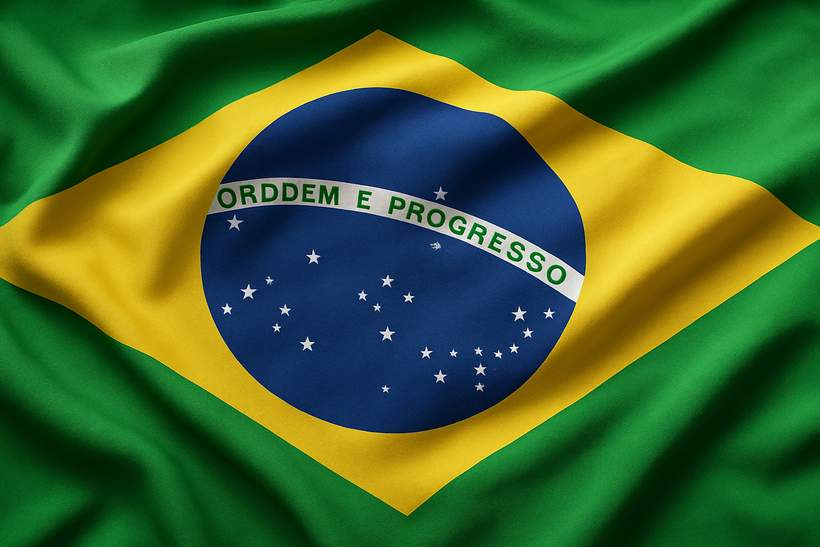Concerns Over Proposed Tax Increase in Brazil’s Regulated Betting Market

Introduction to Brazil’s Regulated Betting and Tax Proposal
One year after Brazil launched its regulated betting market, discussions about increasing taxes on legal gaming operators have come to the forefront. The proposed higher tax rates have raised concerns from the Brazilian Institute of Responsible Gaming (IBJR), which warns that steep tax hikes could negatively impact the country’s legal gaming sector.
Current Tax Structure and Proposed Changes
Presently, companies entering Brazil’s betting market are required to pay a license fee of BRL 30 million (approximately $5.6 million) along with a gross gaming revenue (GGR) tax of 12%, plus other applicable fees. Altogether, these costs mean operators contribute nearly 25% of their revenue in taxes.
However, lawmakers are now considering doubling the main GGR tax from 12% to 24%. This proposed increase aligns with similar moves seen in other regulated markets, which have raised tax rates due to various fiscal considerations.
The IBJR estimates that this change would raise the overall tax burden by about 45.4%, substantially increasing costs for legal operators. The institute strongly opposes this measure, stating that such a hike could do more harm than good to the regulated betting environment.
Potential Impact on the Legal Gaming Industry
Experts from IBJR highlight several risks related to increasing taxes so significantly. They believe that higher tax obligations could drive some operators to leave the regulated framework, diminishing the market’s legitimacy.
Moreover, the institute warns that operators might reduce player bonuses and other incentives due to the increased financial pressure, making legal platforms less attractive and competitive. This situation could inadvertently fuel the expansion of the unregulated black market, which remains a significant concern.
Black Market Challenges and Economic Consequences
Despite the establishment of regulated gaming, estimates show that 51% of online betting activity in Brazil is still conducted with unlicensed providers. Annually, Brazilians are estimated to wager BRL 38 billion (around $7 billion) on the black market, resulting in a loss of approximately BRL 10.8 billion ($2 billion) in public revenue.
The IBJR stresses that weakening the legal market through tax hikes would undoubtedly benefit illegal operators. Even a modest 5% decline in the volume of legal betting could cause over a billion Brazilian reals to shift back into unregulated channels.
Recommendations for Policymakers
Rather than focusing on increasing taxes, the IBJR advises that policymakers should aim to strengthen the attractiveness of legal gaming options. Enhancing the competitive environment for licensed operators will help safeguard consumers from risky unlicensed alternatives and promote a safer betting ecosystem in Brazil.